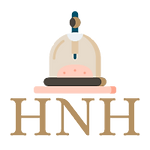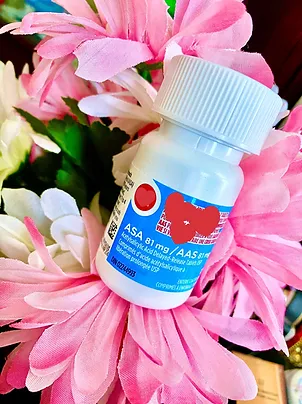Patients with blood thinner medications can perform Hijama cupping therapy with a few precautions.
What Are Blood Thinner?
Blood thinners can be lifesaving medicines that prevent blood from composing bigger clots. These medicines can not dissolve huge clots that are already formed but they stop the blood from making more bigger clots. Blood should be thin enough to flow smoothly through the veins and arteries. Blood thinners should be consumed as directed, taking less medicine won’t be as effective as required and too much can lead to heavy bleeding in case of injury.
Two Categories Of Blood Thinner Medicine
There are two categories of blood thinners: anticoagulants that slow the formatting of clots from getting bigger and antiplatelets that keep the proteins from sticking in the blood and aid the blood from clotting.
Why Doctors Recommend Blood Thinners
The doctors prescribe these medicines to those people who have:
- Risk of heart attack or stroke
- Irregular heartbeats
- Deep vein thrombosis
- Blood vessel disease
- Formation of blood clots after surgery
- Heart valve surgery
- Hip or knee replacement
Side Effects Of Blood Thinners
- Heavy menstrual cycle for women
- Bleeding in the urine
- Nose or gum bleeding
- Extensive hair loss
- Muscular pains
- Too much bleeding even with a small injury
Natural Blood Thinners
Blood thinners are mandatory for several health problems. They lower the risk of heart attack by reducing the formation of blood clots. Some natural ingredients have a similar function, adding them to your daily diet may reduce the risk of clotting.
Turmeric: Turmeric’s curcumin has magical biological properties that prevent the buildup of plaque that blocks arteries and leads to heart attacks. Curcumin stops platelets from sticking together and prevents blood from clotting along the walls of arteries and veins.
Ginger: Ginger, along with turmeric, is also considered a natural blood thinner because it contains salicylate, a substance with blood-thinning properties.
Cinnamon: It contains coumarin, the same blood-thinning agent, commonly used in a famous blood-thinning drug, Warfarin. Overdose of coumarin-rich food may cause liver damage.
Garlic: This is one of the most used natural blood thinners due to its anti-platelet properties. Like aspirin, it reduces the tendency of platelets to form blood clots. It also reduces blood pressure and the effects of hypertension.
Vitamin E: Vitamin E as in almonds, sunflower oil or seeds, whole grains and peanut butter reduces blood clotting in various ways. People consuming blood thinners should avoid large doses of vitamin E.
Grape Seed Extract: Grapes have antioxidant properties that may avert health issues connected with heart and blood vessels. It is beneficial to reduce inflammation and heal wounds quickly. Grape extract slows the clotting process by preventing the platelets from sticking together.
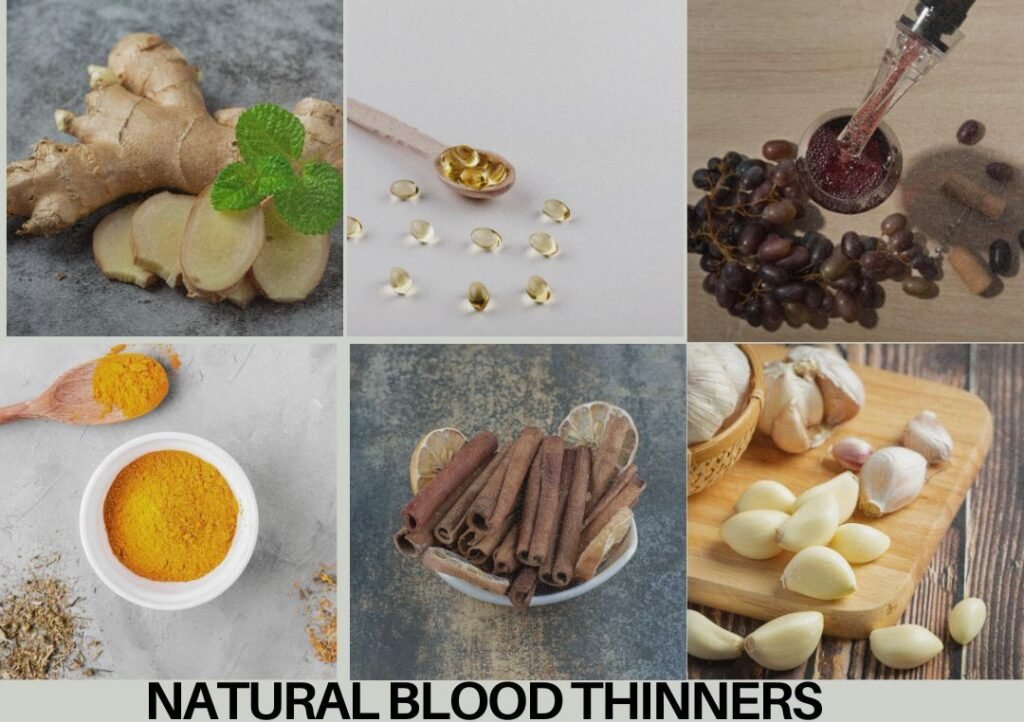
Treatment of Blood Clot
- Medication: Blood-thinner medications can help to prevent the formation of blood clots.
- Compression stockings: Compressed stockings provide pressure to reduce swelling and prevent blood clotting.
- Surgery: Sometimes doctors suggest surgery to get rid of the clots.
- Vena cava filter: Some people with DVT or PE may have a filter placed inside their inferior vena cava. This filter prevents blood from travelling to the lungs..
Hijama – A Natural Blood-Thinner
Hijama Cupping Therapy is considered a natural blood thinner.
If an individual is consuming blood thinners as a routine they should try Hijama Cupping Therapy which is a natural blood thinner.
Hijama Cupping Therapy is an alternative medicine that involves suction from the part of the body. Cups are applied to the skin to facilitate suction. The suction is like a deep tissue massage intended to mobilize blood flow and speed up the natural healing process.
Is It Safe To Perform Hijama With Blood Thinner Medications?
Blood thinners make the blood thin and as Hijma is performed toxic blood is extracted from the body. A common concept is that as the texture of blood gets very thin and incisions are applied on the skin that may cause a lot of blood loss.
When we make incisions and damage the blood vessel walls, platelets turn on and rush to the damaged area. Platelets stick to the walls and form a plug that fills the area to stop the blood from leaking out. Proteins in the blood tangle up with the platelets to create a net to gather more platelets which makes the plug more durable and stops bleeding immediately. Blood thinning medication prevents the blood from clotting and after incisions, it becomes difficult to stop the blood from flowing as clots are not forming rapidly. But that doesn’t mean those who are on blood thinners can not perform Hijama. They can perform Hijama, the only precaution they need is to avoid taking the medication before the Hijama session.
How Long Do Blood Thinner Stay In The Blood
It is important to know how much gap is mandatory between consuming the medication and performing Hijama. Depending on the category of blood thinner, this could take a few hours or days. While the effects of Xarelto and Eliquis wear off in about a day, the blood-thinning effects of warfarin and aspirin could last for a day or two. Ask your doctor before making a decision. Roughly 24 to 48 hours gap is recommended to avoid blood thinners before the Hijama session.
Hijama cupping therapy unclogs the cellular waste, removes the blood clots, dead blood cells and toxic waste from the affected area and provides natural healing.
